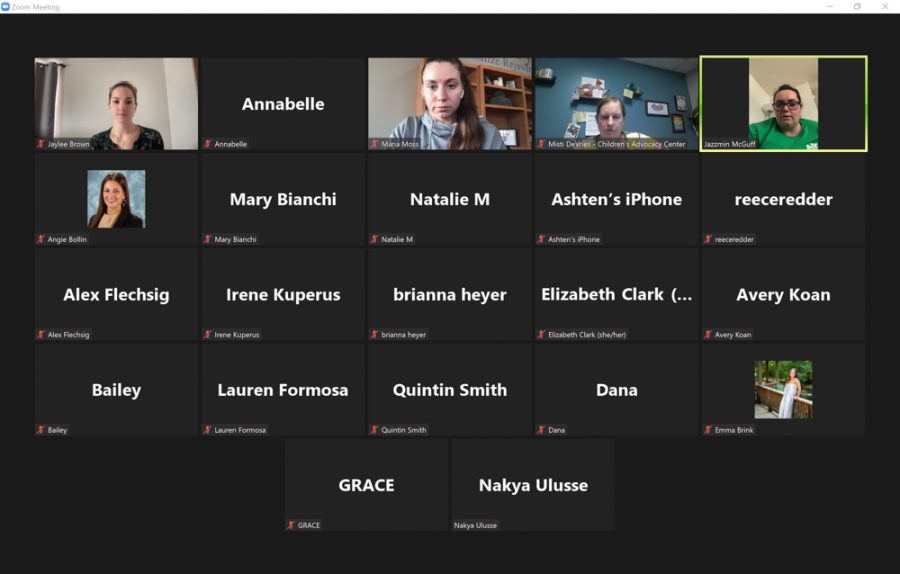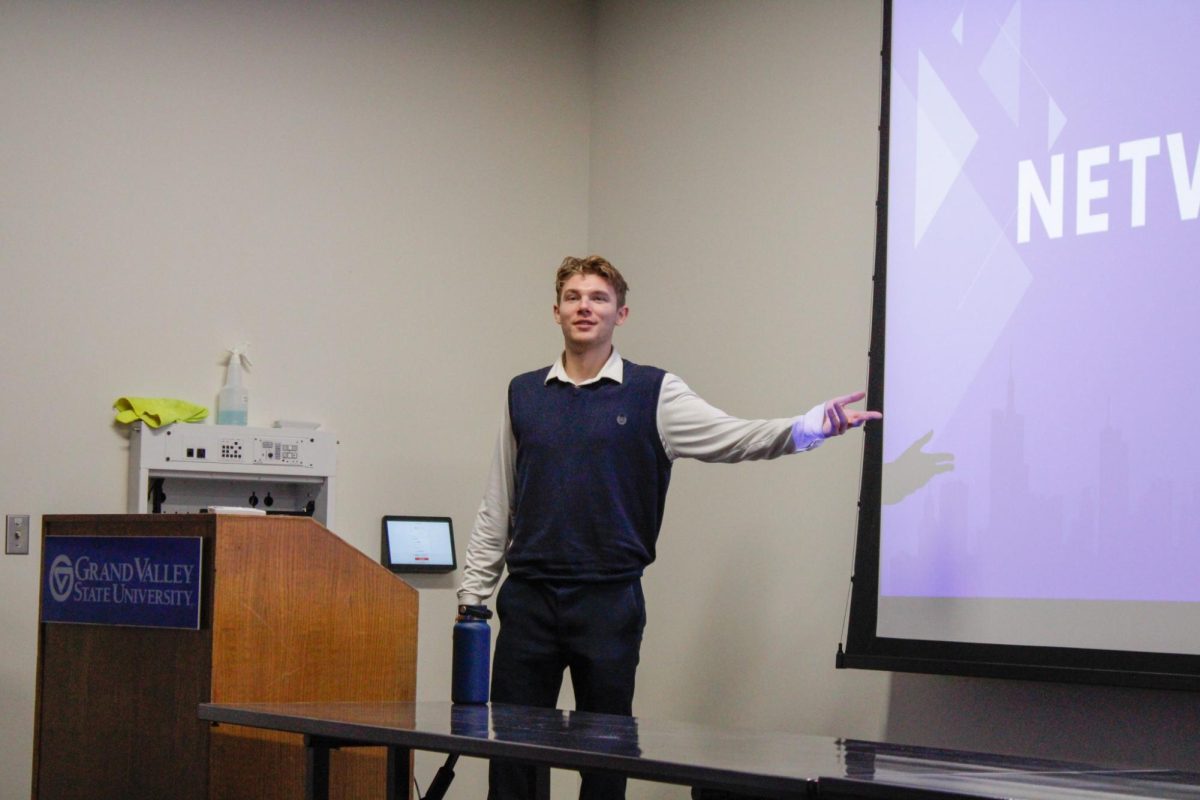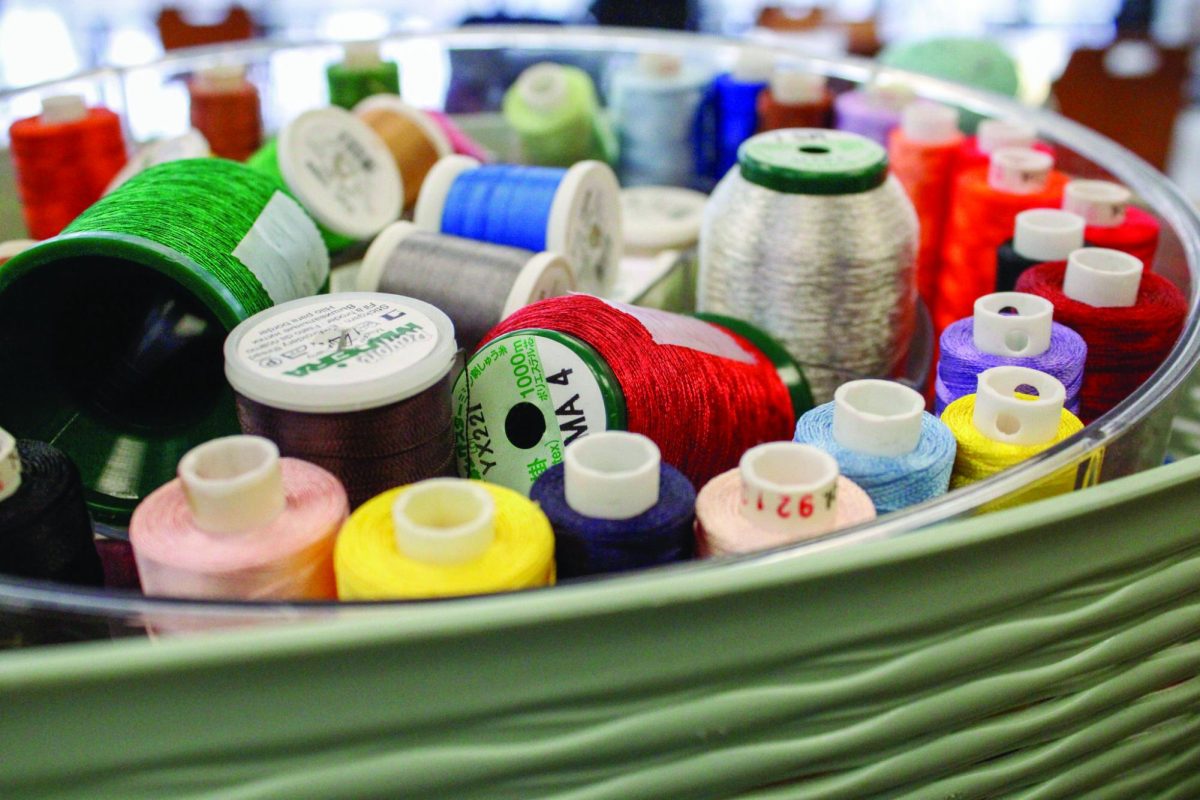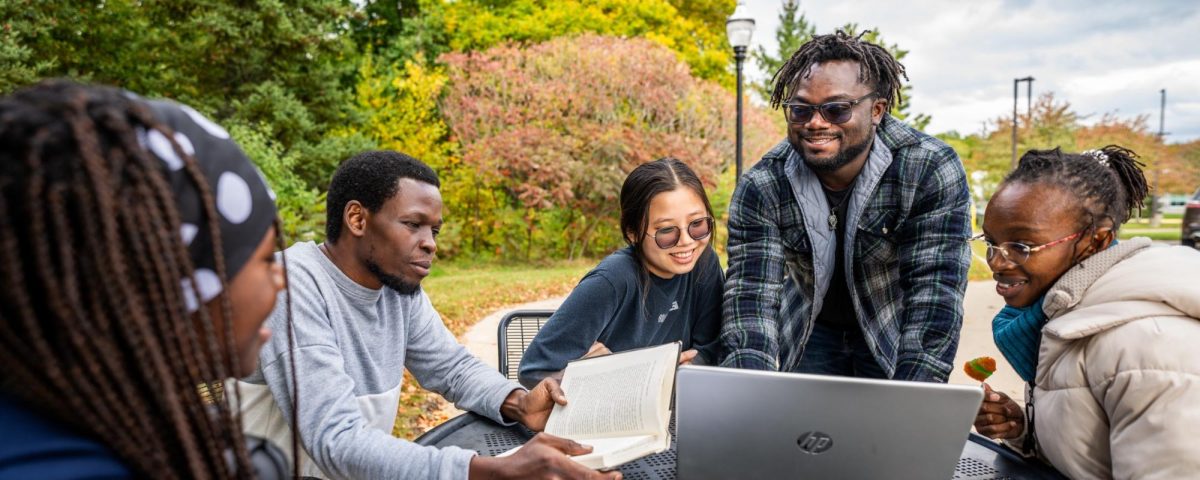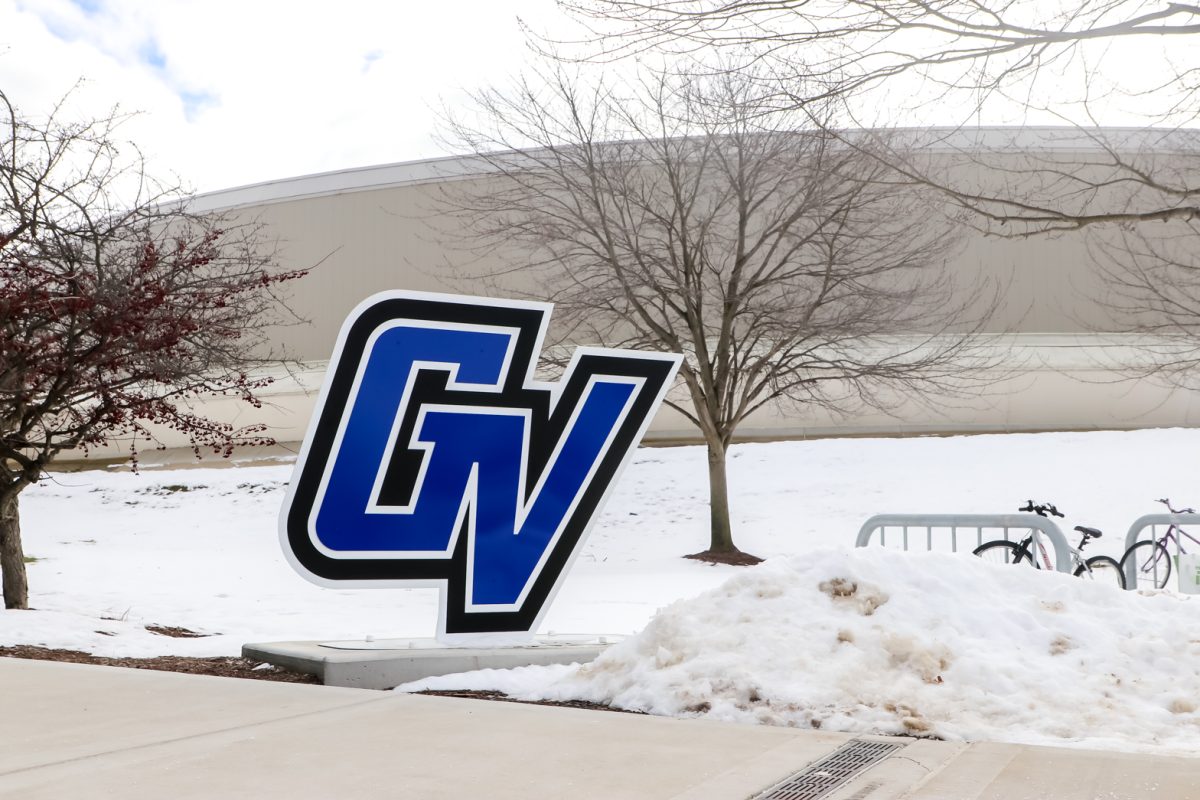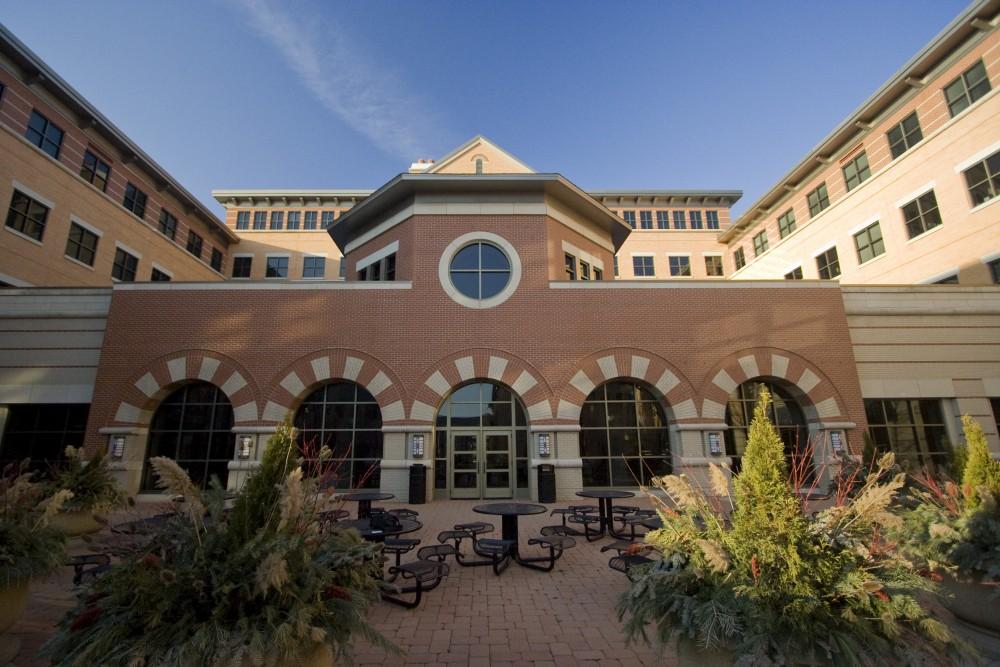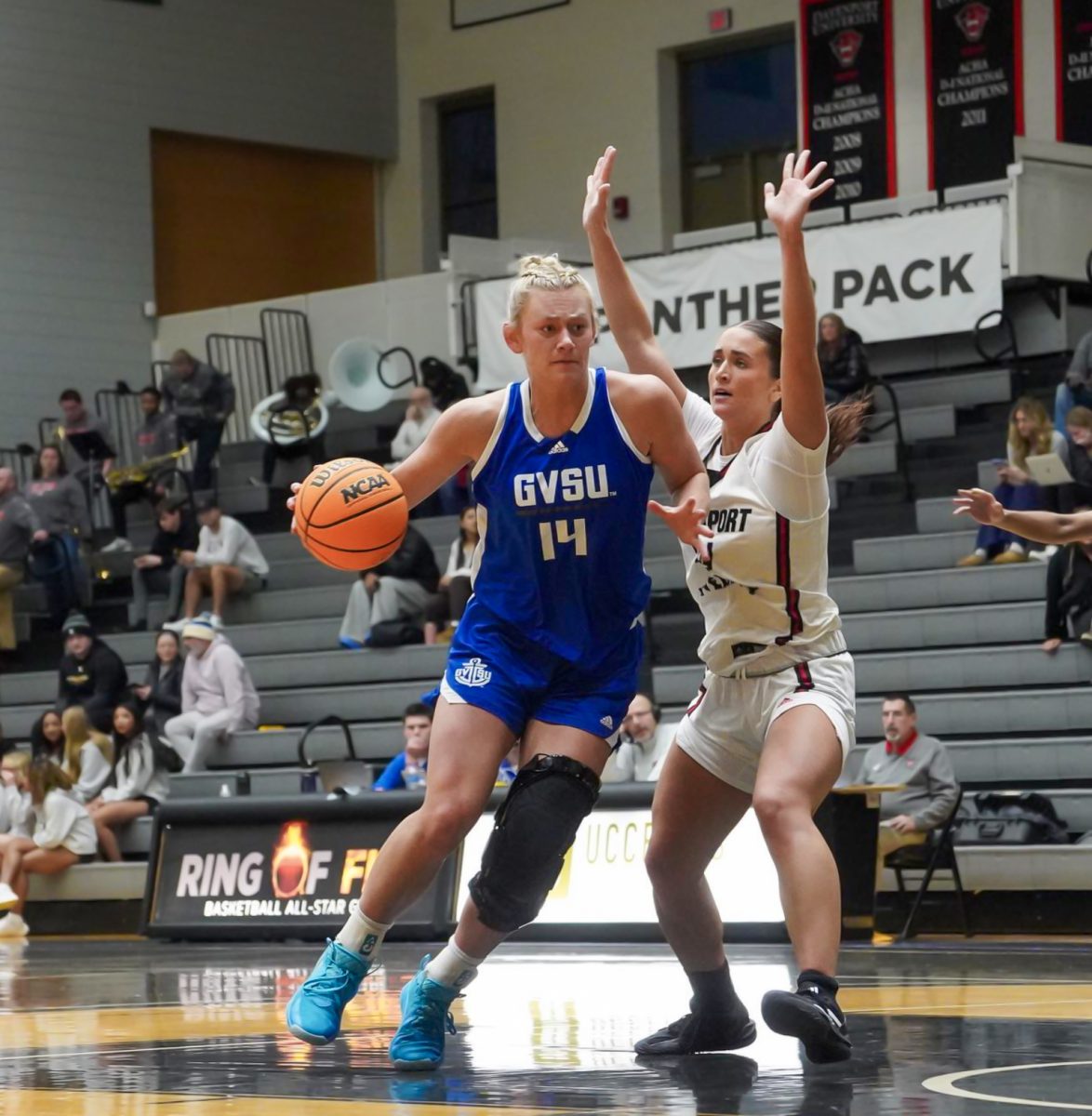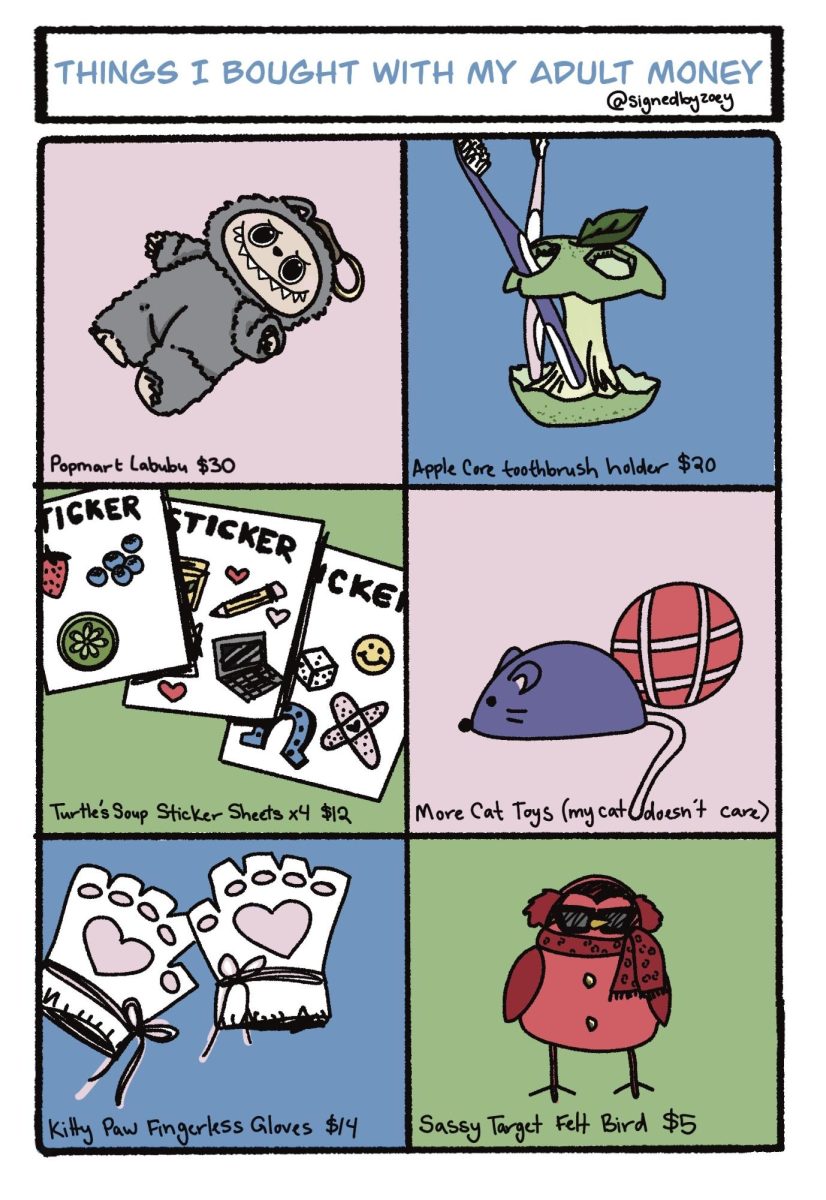Kent County Children’s Advocacy Center presents on effects of childhood trauma
Mar 21, 2022
The Grand Valley State University Master of Public Health Program (MPH) partnered with the Children’s Advocacy Center of Kent County to present on childhood traumas and discuss how to identify traumas and manage personal self-care.
“From Surviving to Thriving: A Perspective on Childhood Trauma, Effects in Adulthood and Resilience in Trauma Professionals,” was held through Zoom on March 17.
The presentation and subsequent discussion were organized by a group of master’s students from the GVSU Public Health Program.
Jazzmine McGuff, one of MPH’s candidate coordinators, said that she grew an interest in this public health issue from her work in child advocacy.
“I do a lot of education on this because it’s a topic that people shy away from,” McGuff said. “I think it’s something that’s very important to talk about, because it’s an issue that happens everywhere, across all races and genders and religions. It’s a really cool opportunity to be able to bring some awareness to GVSU students.”
Misti DeVrie, Prevention & Outreach Director at the Child’s Advocacy Center, facilitated the virtual presentation on childhood trauma, lifelong effects and resilience in trauma professionals.
DeVrie began with an in-depth exploration of different Adverse Childhood Experiences (ACEs), or stressors that encompass various forms of physical or emotional abuse, neglect and household dysfunction.
These experiences release stress hormones that affect brain development and cause a child to develop certain characteristics that are associated with toxic stress.
The ACEs questionnaire goes through 10 categories of childhood trauma and determines the likelihood of developing conditions such as alcoholism, heart disease or depression as adults.
According to DeVrie, individuals who score a four or more on the survey are likely to experience adverse effects throughout their lives. ACEs can also affect communities where childhood trauma was prevalent and lead to mental, emotional and physical effects on a large scale.
“The more gas you put into the car, the more miles you drive,” DeVrie said. “In this case, where there’s a higher dose of ACEs, the higher the percentage of people with health problems will be. If we’re thinking of war zones or children who are living in poverty and exposed to drugs, alcohol and domestic violence, we may see that there’s a higher likelihood that those children in the community all experience health problems into adulthood.”
Epidemiologists are studying the effects of ACEs on communities and through generations where ACEs are passed down from parent to child. DeVrie said that as more resources are put towards researching toxic stress and children who were raised in communities where toxic stress was prevalent, more children can get what they need to prevent developing health problems as adults.
“The cumulative effect of ACEs reflect a powerful opportunity for prevention,” DeVrie said. “No matter if you’re working to prevent heart disease or cancer, end homelessness or hopelessness, or improve business profitability, as we align a portion of our work around a common goal of preventing the accumulation of ACEs and moderating their effects we’ll reduce all of these problems and many others all at once.”
DeVrie also discussed the intricacies of child-sexual assault, which is committed by someone known to the family 99% of the time in Kent County.
During this portion of the presentation, participants learned about common behaviors of offenders, why children don’t choose to disclose this information to adults and how to best support survivors and create a safe space for children to open up about their experiences.
To end the presentation DeVrie spoke about the importance of self-care in relation to dealing with trauma.
While self-care looks different for everyone, common tactics may include setting boundaries, taking care of yourself physically and mentally and showing yourself compassion in day-to-day life.
Although the event was geared towards students going into public health, the discussion was open to the GVSU community. Since this is an issue that can affect everyone, McGuff said she hopes that participants gained more awareness of how extensive an issue childhood trauma is.
“Child abuse and neglect is a huge public health issue and that’s something we can’t continue to ignore,” McGuff said. “Most people will have something traumatic happen to them within their lifetime, but that doesn’t mean you’re set up for failure. I hope people learn and understand the effect that your childhood can have on your future and ways that you can alleviate some of those risk factors, even if you were just starting today.”




